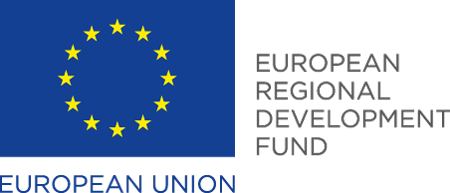Towards more sustainable and efficient transport chains
Kurt Bodewig, European Coordinator for Motorways of the Sea within the European Commission believes that Sea Traffic Management (STM), can be important in building up commercially more efficient trans-European transport corridors.
“Sea Traffic Management is a very good instrument to increase the efficiency of the shipping industry and to reduce emissions at the same time since you save time. At the same time, it also helps reducing the costs of transport. It is very good to see this new platform which helps making it more affordable to shift transport to more sustainable modes such as short sea shipping.” Kurt Bodewig says at the STM Final conference.
As European Coordinator for the concept Motorways of the Sea within the European Commission, Kurt Bodewig is particularly engaged in ensuring that maritime transport is fully integrated in the trans-European transport network. In this context, Bodewig sees several benefits if Sea Traffic Management becomes reality.
“If we want to reduce emissions and if we want to go a step forward for the decarbonisation of the transport system, we need to shift to more sustainable transport modes. With instruments such as STM, we can make the whole logistic chain more efficient and stimulate the use of more sustainable transport modes such as inland waterways or short sea shipping.”
Bodewig thinks that STM, which enables a good transport flow, could promote a transition to shipping. Better calculation and knowledge of the ships whereabouts are helpful all who are involved in the logistic supply chain.
“It helps guaranteeing to get the transport to the right place at the right time. That is a good argument for modal shift. It must be easier. It must be faster. It must be cheaper. Then we have a good chance for transition. “
Text & photo: Emma Edström







